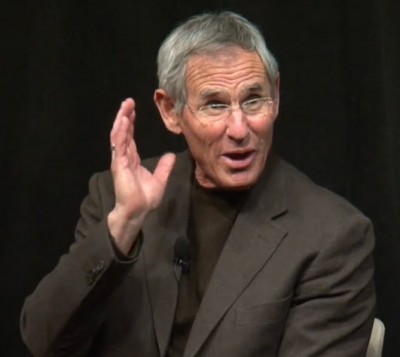 Dr. Jon Kabat-Zinn is now in the process of having top level discussions with political leaders in the UK about mindfulness in health care.
Dr. Jon Kabat-Zinn is now in the process of having top level discussions with political leaders in the UK about mindfulness in health care.
Dr. Kabat-Zinn is the founder of Mindfulness-Based Stress Reduction (MBSR) at the University of Massachusetts in 1979.
The article in The Guardian dated April 7, 2013 by Madeleine Bunting states,
…Kabat-Zinn has a string of meetings with senior politicians before he heads to Downing Street for a session with policy advisers. There are good reasons for the policymakers to be listening closely, as Kabat-Zinn and his colleagues have a compelling proposition: mindfulness has unlimited applicability to almost every healthcare issue we now face – and it’s cheap.
Kabat-Zinn goes on to say,
“It’s all about training what you pay attention to,” he says, admitting that this goes against the grain of a culture that trains us to privilege thinking and which offers endless opportunities for constant distraction from the present moment. “It’s common sense. It’s not about cures, it’s about over time developing a different relationship with one’s experiences, whether that’s anxiety, pain, stress or depression. We know that changes the shape of the brain, it affects the behavior of cells.” [Read More…]
This information came to me from a fellow OI1 member, Paul Tingen through email. His opinion about mindfulness in health care was expressed eloquently as
This raises an issue that has concerned me for a long time: is it genuinely beneficial, for the individuals involved and society as a whole, for mindfulness practice to become mainstream, or do those of us that teach mindfulness practice also need to insist on educating people about the values we associate with it, as laid down in our tradition in the 5 and 14 mindfulness trainings? The same question has been raised, for me, by news of bankers practicing mindfulness and the US army providing mindfulness training to its soldiers: will they just become more effective and efficient at doing things that damage life and deepen hunger and poverty?
In this case, I have to side with Jon Kabat-Zinn. The article states,
Even if mindfulness is used by the banker or the soldier to improve their professional skills, he says, it will also nurture the innate compassion of their humanity.
I think that the more exposure people have to the essence of mindfulness training, the more compassion they will develop. The wide spread teachings of mindfulness in the areas of neuroscience, psychology, and health care are developing awareness of the interdependence of all things. This is especially true for our interbeing with planet Earth and all life forms.
I fell that the more people learn about loving kindness and compassion, the more they will feel their connection with people, plants, and animals.
We have to start somewhere, and mindfulness in health care is a great place to start. In fact, that is where MBSR began!
My hope is that instead of using mindfulness for their personal gain, bankers and politicians will have an awakening in which they reach out to their fellow beings and actually do something about poverty, health care, and global warming. Congressman Tim Ryan is a good example for these people to follow.
So, what are your thoughts about “mindfulness has unlimited applicability to almost every healthcare issue we now face?” Please share.
1 OI is the Order of Interbeing founded by Zen Master Thich Nhat Hanh in 1966.


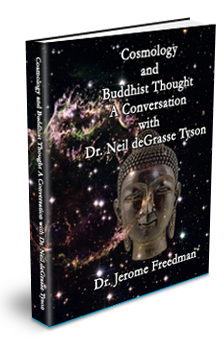
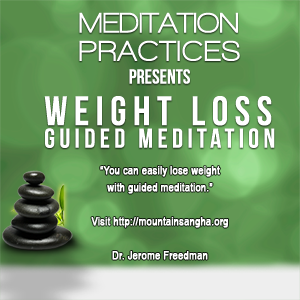
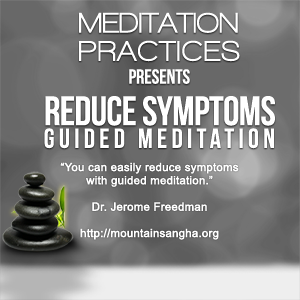
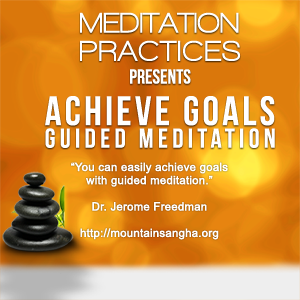





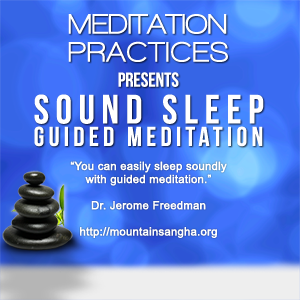

You must be logged in to post a comment.